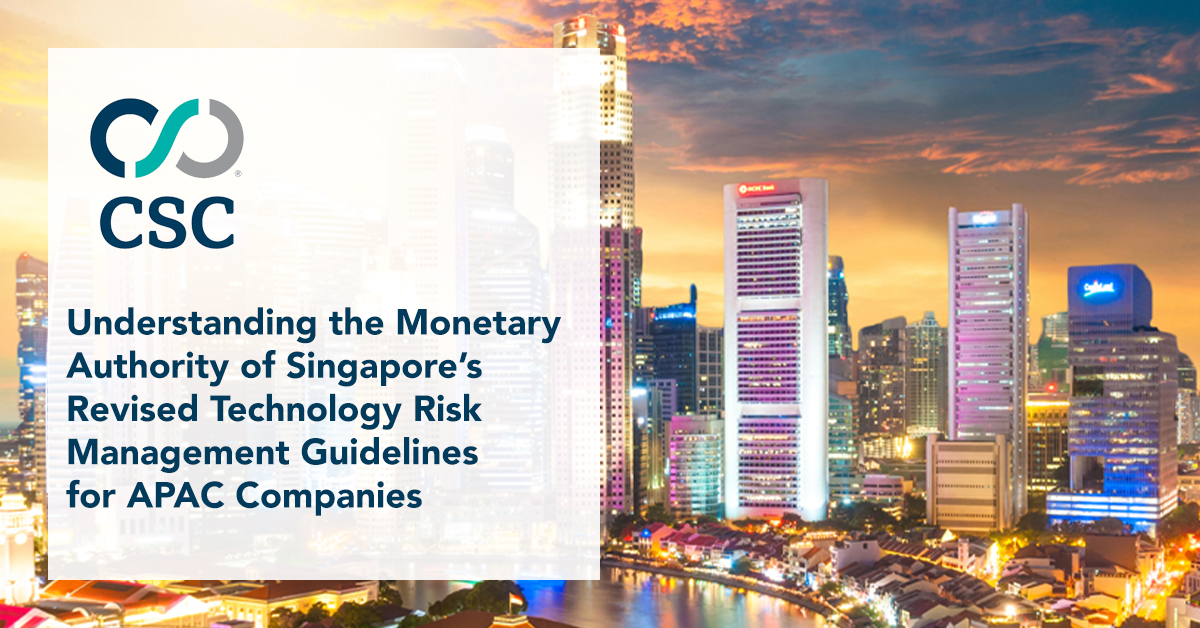
The maximum loan quantum for overseas projects is S$50 million (US$37.8 million). The hire or purchase of fixed assets, such as machinery or equipment.The purchase, renovation, or construction of land, buildings, or factories.

The supportable loan types for overseas projects include: The maximum loan quantum for domestic projects is S$30 million (US$22.7 million) and the government’s risk-share of loans is up to 70 percent. The EFS-PL has been enhanced to support domestic projects for construction companies until March 31, 2022. The Enterprise Financing Scheme-Project Loan (EFS-PL) enables Singaporean companies to access financing throughout their various stages of growth. The government’s risk-share of loans, however, will be lowered from 90 to 70 percent, starting from April 1, 2021, to September 30, 2021. The Enterprise Financing Scheme -Trade Loan (EFS-TL) supports a company’s trade financing needs with a maximum loan quantum of S$10 million (US$7.5 million) until September 30, 2021. A further 50 percent exemption can then be applied on the next S$190,000 (US$141,187). From 2020, businesses can receive a 75 percent exemption on the first S$10,000 (US$7,430) of chargeable income. Partial tax exemptionsĬompanies that do not qualify for SUTE may be eligible for the Partial Tax Exemption (PTE) scheme.

The industries eligible for tax incentives are:
Proprietary risk engine singapore full#
Monetary Authority of Singapore (MAS) – the central bank and financial services authority.Ī full list of industry-specific incentives can be found on the individual websites of these agencies.Enterprise Singapore (ESG) – which aids Singaporean companies to expand worldwide and promotes local exports and.Inland Revenue Authority of Singapore (IRAS) – the tax regulatory authority in the country.Singapore Economic Development Board (EDB) – which is responsible for developing and executing strategies that facilitate investment into the country’s industries.There are four main government agencies that can administer business and tax incentives for Singaporean entities in specific domains. Performing arts and arts education centers īusinesses in these sectors can receive wages support of 30 percent of the first S$4,600 (US$3,397) of gross monthly wages until November 21, 2021.

With the economy slowly reopening, this incentive is now only available to a select number of business sectors. The Job Support Scheme (JSS) was first introduced in the 2020 Budget to counter the economic impact caused by the pandemic by enabling the government to co-fund monthly wages for every local worker. In the 2015 budget, the scheme was extended for another three years, and the 2018 budget extended the program further for the same period.įor 2021, the government’s co-funding ratio is set at 15 percent of the qualifying gross wage ceiling of S$5,000 (US$3,714). The program was introduced in the 2013 budget and set for three years. The scheme enables the government to co-fund the wage increases of Singaporean employees earning a gross monthly wage of up to S$4 thousand (US$2,945). The Wage Credit Scheme (WCS) is also part of the government’s Three-Year Transition Support Package. Given the diverse tax incentives made available, foreign investors should consult registered local advisors to determine which incentives will be applicable to them and their sector. However, applicants must fulfill rigorous requirements, which include committing to certain levels of investments, introducing leading-edge skills, technology, as well as contributing to the growth of research and development and innovation capabilities. DEZAN SHIRA & ASSOCIATES’ TAX PROFESSIONALS HAVE A DEEP UNDERSTANDING OF SINGAPORE’S TAX ENVIRONMENT.


 0 kommentar(er)
0 kommentar(er)
